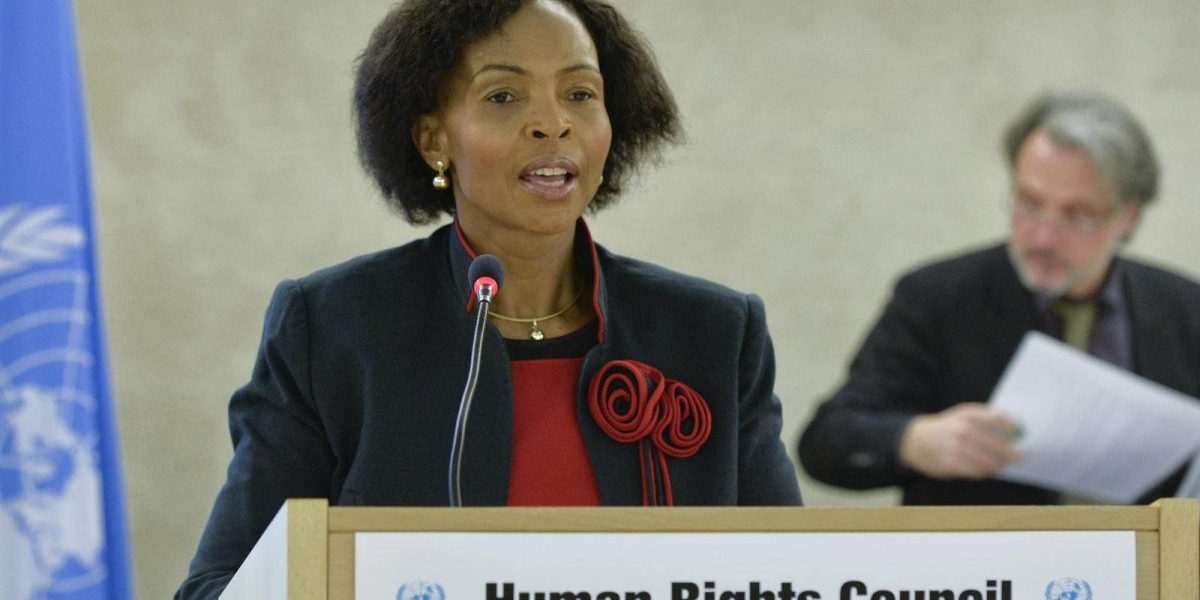This paper opens with a look at the questions posed by Peter Baehr, an authority on the relationship between human rights and foreign policy, such as whether countries should attempt to promote human rights through foreign policy and how they can achieve this goal. The international legal human rights framework is outlined as the foundation for this engagement between human rights and foreign policy. The various documents of relevance here — such as the Universal Declaration of Human Rights — provide particularly powerful tools for states to use in promoting human rights internationally. The key challenge to a successful human rights-oriented foreign policy comes from the concept of state sovereignty. Article 2(7) of the UN Charter provides the basis for arguing in favour of non-interference in the domestic jurisdiction of any state, and it is used by countries when responding to charges that they have violated human rights. The paper also presents arguments against this interpretation, noting that Article 1(3) of the UN Charter recognises the promotion of human rights and does not see this as interfering in the domestic jurisdiction of another state. Having examined the theoretical framework, the paper looks at perceptions of South Africa’s foreign policy, in particular the way in which the country is viewed as having opted out of human rights activism. It then offers some pointers on the appropriate connection between foreign policy and human rights. Key in this respect are the employment of human rights standards and the need to move beyond notions of the inviolability of sovereignty.








